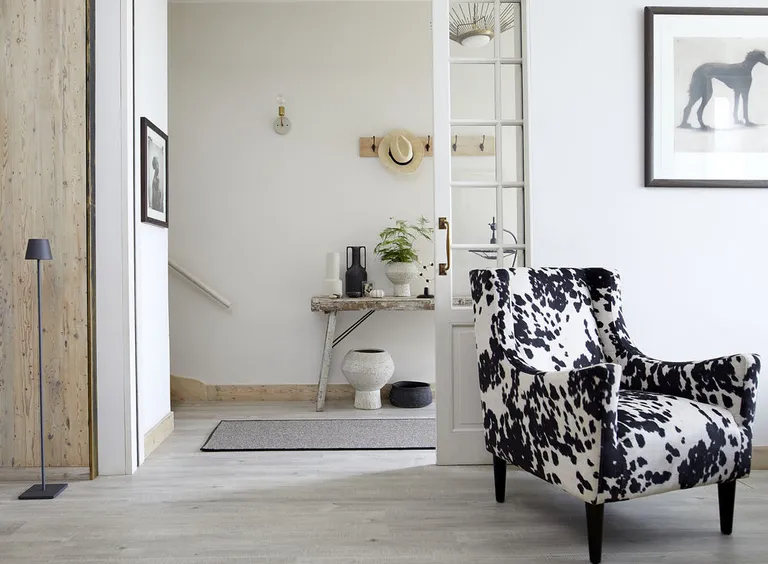What are cleaning disputes at the end of a tenancy?
The expected level of cleanliness of a rental property at the end of tenancy is generally open to interpretation. This is possibly why so many disputes adjudicated by the tenancy deposit scheme are about cleanliness levels.
As a tenant; When it comes to cleanliness of your rented home, your landlord or letting agent should only expect you to clean the property to a standard when you moved in while accounting for general wear and tear.
Whether you hire a professional cleaner to do the job or decide to do it yourself, it’s essential to ensure to have an inventory report to compare before and after a tenancy from a cleaning point of view.
Who is a good property manager
The most common reason for tenancy disputes for the past five years is as below;
- Cleaning
- Damage
- Redecoration
- Gardening
- Rent arrears
Being aware of the common causes of deposit disputes can help landlords avoid common pitfalls.
What is a property redress scheme?
When a carpet is badly marked at the end of tenancy, can a landlord make a deposit deduction for a replacement?
In order for a landlord to be able to claim for a replacement or compensatory award, they first need to show that they have tried to resolve the problem and have been unsuccessful. The adjudicator can then consider either an award for a failed attempt at removing the marks or a contribution for replacing the carpet.
Fair wear and tear guide for landlords
The landlord will need to show the adjudicator they have considered the most economical solution, that the damage caused is beyond wear and tear and it’s clearly shown within the inventory/check-in documentation that the damage was not present at the start of the tenancy.
It is not the landlord’s responsibility to return the rental property to the same standard of cleanliness as it was at the start of your tenancy. If the property was cleaned to a professional level at the beginning of the tenancy, and this is detailed within the inventory/check-in, then the tenant is required to return the property to this standard.
If you do wish to make a deduction for cleaning, you will have to show that the amount you’re claiming is reasonable, but a landlord is not obliged to pay to have the work carried out.
A claim of a nature regarding an odour after professional cleaning would need to be supported by the written word of the check-in report; i.e. now smells clean and fresh, or the written word of the check-out report stating there is still a strong odour within the property.
It would need to be proven that a professional clean had taken place to remove the odour, the extent of the clean and if the smell remained or not. Evidence of an invoice from a cleaning contractor would be needed, listing details of the cleaning they have done and details of the outcome in full.
Cleaning disputes around smoke, pet, and bad odours highlights the importance of conducting a detailed and thorough check-in and out of the property, including smells in a property.
What is landlord liability insurance
Tips on cleaning disputes;
- Does the tenancy agreement clearly define that the tenant is responsible for cleaning? It is important that is does include this.
- Ensure that there is a deposit clause, which allows you to use the deposit for cleaning costs. Is there is a pet in the property, or are you renting to a smoker? Then consider including additional detail to cover yourself should you be left with strong odours or pet hair.
- Is there an inventory or check in that accurately describes the cleanliness of every room of the property, and is there evidence the tenant has accepted the inventory as correct?
- Is there clear evidence in an end of tenancy report with photographic evidence, detailing that the property is less clean at the end of the tenancy compared to at the start?
- Do you have invoices and estimates for the cleaning carried out? Is the cost to clean the property to its original condition reasonable? Ensure you have the paperwork to back up your fees.
Why do you need a residential tenancy agreement
Please contact Pelin Martin to book a 30-minute complimentary property consultation on +0208 994 7327 – pm@bluecrystallondon.co.uk


